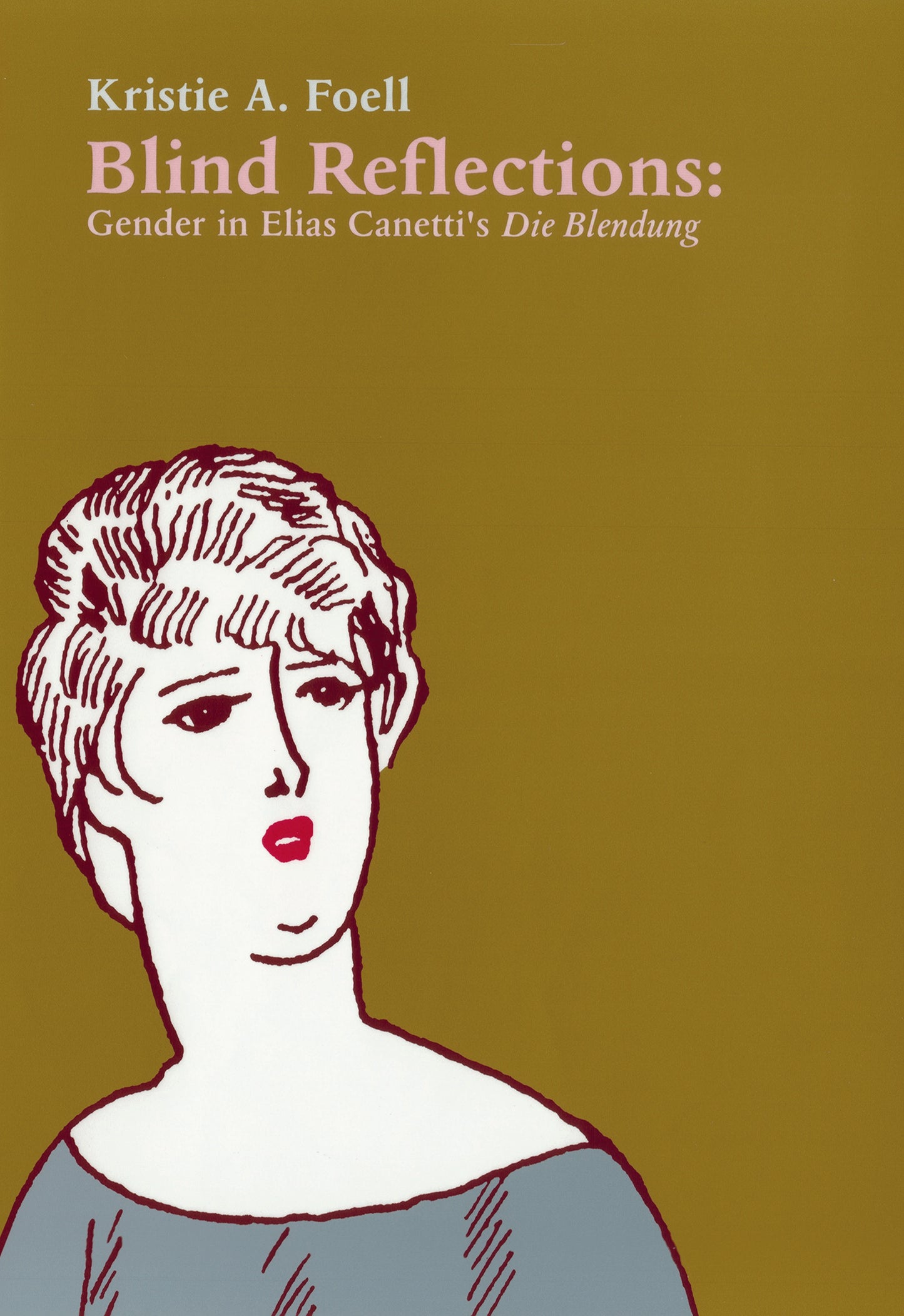Ariadne Press
Blind Reflections: Gender in Elias Canetti's Die Blendung By Kristie A. Foell
Blind Reflections: Gender in Elias Canetti's Die Blendung By Kristie A. Foell
Couldn't load pickup availability
This feminist study of gender portrayal in Canetti's Die Blendung draws on early twentieth-century Viennese psychoanalytic and gender theorists. Foell follows the portrayal of the female antagonist, Therese, through the stages of idealization, reality, and imagination; Freud's theories of male homosexuality and Canetti's notion of the mass (Masse und Macht) are seen as possible motivations for the male protagonist's projections. Foell argues that Canetti's theories of literary creativity, satire, and artistic responsibility are sometimes at odds with his use of female caricatures; she shows the influence of cultural stereotypes, earlier literary figures, and Weininger's misogynistic philosophy on the figure Therese.
"The reclusive eccentric, George Kien is one of the great achievements in life and letters of the twentieth-century's imagination, a genuine hero in the guise of a martyr." Susan Sontag: Essays in Honor of E. Canetti
Share


